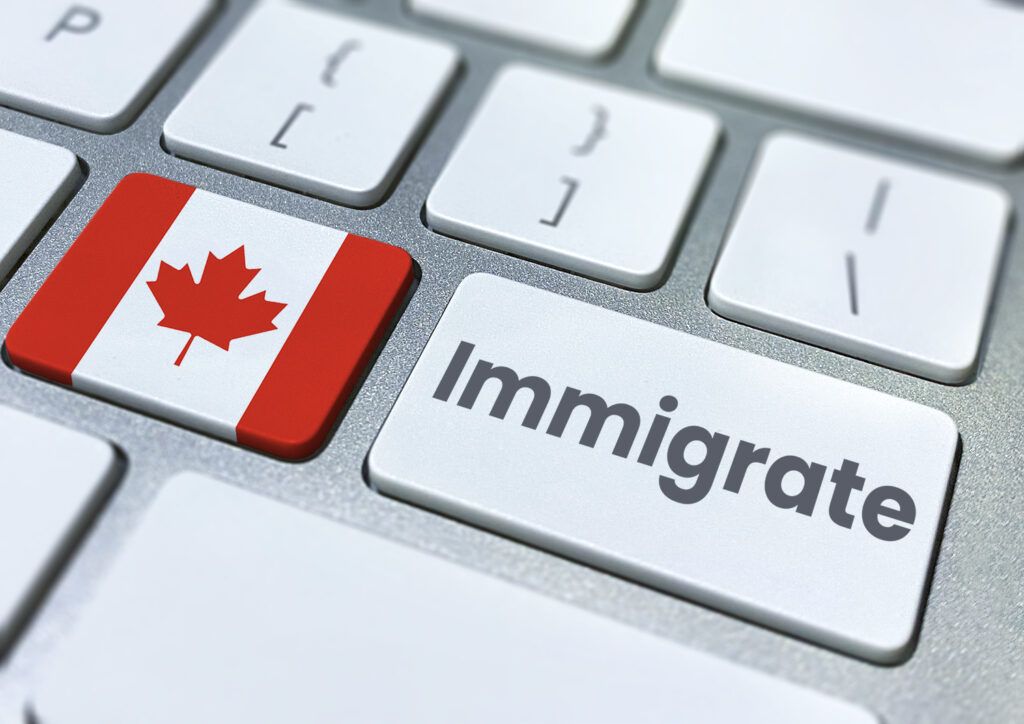A spousal sponsorship application in Canada can be challenging, as you can never guarantee its success. Its fate will depend on the immigrant officers from the Immigration, Refugee, and Citizenship Canada (IRCC). As such, the documents that the applicant and their spouse submit should provide firm proof of the genuineness of their relationship.
Apart from the primary requirements, some applicants also submit supporting letters to further validate their relationship with their spouse. Although not mandatory, these documents provide support and may help advance their application.
If you are applying for spousal sponsorship, immigration consultants may suggest that you write a supporting letter. However, they may not provide you with the proper way of writing it. To help you out, here are some things that you may include in your supporting letter to help convince the immigration officers:
1. Detailed information about your relationship with your spouse
Your supporting letter should mainly discuss your relationship with your spouse. Start by providing an overview of your relationship, including how you met and how things progressed over time, as this will be the basis of whether the relationship is genuine or not. It is crucial that you provide detailed information, especially for the dates and years, to create strong arguments and a solid timeline of events.
2. Relationship of your spouse with your other loved ones
Apart from your romantic relationship, you should also describe your spouse’s connection with your family, relatives, and friends. If you have children, you should also discuss how they communicate and the nature of their relationship. This is important, as it provides an idea of whether the relationship may fail or further progress after the application.
3. How you communicate
If your spouse is from a foreign country, you should describe how you communicate with each other daily. You should also discuss how often you speak or if you have a set schedule to catch up with each other’s lives. To some extent, this will show how stable your relationship is.
4. Activities you have done together
Describing specific activities that you have done together will also help establish the genuineness of your relationship. If you plan to discuss events, make sure you provide the exact date and attach photos. Also, describe how long you have done such things and why you decided to go to a particular place or perform such an activity together.
5. Things you like about your spouse
The immigrant officers will assume that as their partner, you will appreciate certain things about your spouse. Talk about the great qualities that made you interested in them. If you have common traits or hobbies, it would be best to include them as well. Overall, you should tell the officers why you think that your spouse is the one for you. Remember that the point of a supporting letter is to provide strong arguments about the genuineness of your relationship.
6. Your wedding details
If you already got married, describing your wedding ceremony and reception will help a lot. You should outline the details in the event, especially the guests you invited, the date and time of the wedding, and highlights of the event. You should also describe how the event was special and how memorable it was for both of you.
7. Your plans together with your spouse
At the end of your letter, you should describe how you plan to live together and the goals you want to achieve. This information will help the immigration officers see how you plan to move forward with your relationship.

Conclusion
Spousal sponsorship application is one of the toughest sponsorships to apply for in Canada. The CIC department makes sure that the documents are valid and legitimate. Moreover, they conduct thorough background checks to review the genuineness of the couple’s relationship.
To provide more substantial proof and argument, you may submit a supporting letter, alongside your primary requirements. Doing so should be easy so long as the relationship is genuine, but it can go a long way towards improving your chances of success.
If you need immigration services in Toronto, get in touch with us today. Our immigration consultants will help ensure that your documents are complete and valid to give you the best chances of success.





